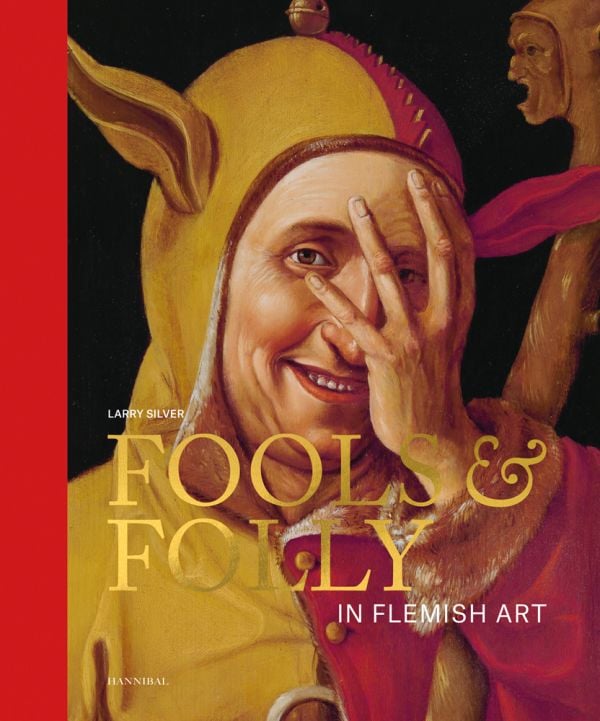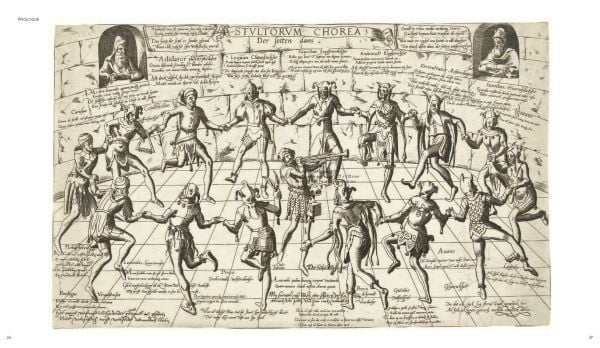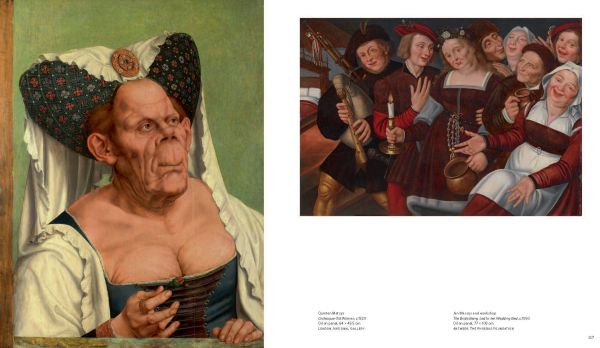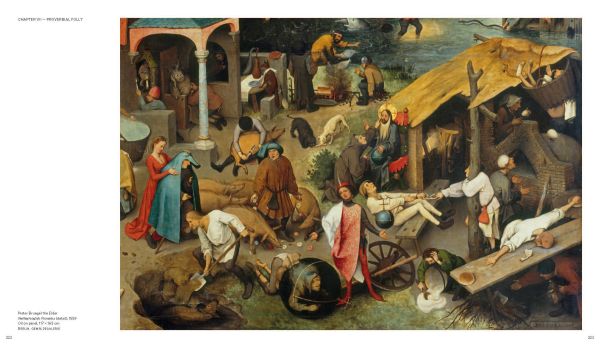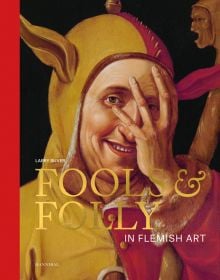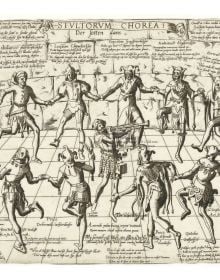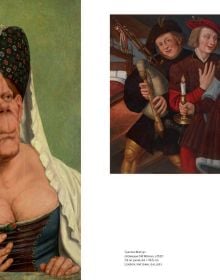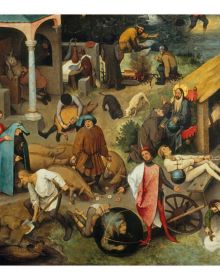Fools & Folly in Flemish Art
- In praise of folly: on the fool and the jester in Flemish art
- Published to accompany an exhibition at Denver Art Museum - Saints, Sinners, Lovers, and Fools, October 16, 2022 - January 22, 2023
According to medieval theologians, faith is a deadly serious business. Humour and virtue are irreconcilable, because laughter is uncontrollable and escapes the control of reason. A modest smile is permitted. But laughing loudly, grinning and grimacing: these are the playing field of the devil – just as pernicious as other uncontrollable urges, such as physical love or the addiction of the gambler. That is the domain of the peasant or fool.
In the late Middle Ages, every right-thinking town-dweller knew the difference between the peasant and the fool. Peasants are innocently gullible, primitive, throwing themselves into feasting, gorging, drinking and sex. The peasant is the antithesis of the cultivated urbanite, who fastidiously controls his urges – and who therefore above all must not laugh too loudly. Only during Innocents Day parties or Shrove Tuesday celebrations is it permitted for urban partygoers to play the fool and to show their ‘underbelly’.
In contrast to the peasant, the fool escapes the existing order. He holds up a mirror to the self-declared wise citizens, because ‘the fool reveals the truth through laughter’, even though it may be hidden between piss and shit, sex and snot. It is for precisely this reason that Erasmus, in his In Praise of Folly writes not as himself but through the persona of Folly, a broad back behind which the wise person can hide when he denounces social problems. Laughter thus alters the world.
In this context, the fool and irony became important motifs in medieval art, especially in the Low Countries. This original art book is illustrated with dozens of top-quality works by Flemish masters from worldwide collections.
- Publisher
- Hannibal Books
- ISBN
- 9789463887816
- Published
- 23rd Feb 2023
- Binding
- Hardback
- Territory
- World excluding Benelux, France, Germany, Austria, Switzerland, Portugal, Spain, and Italy
- Size
- 290 mm x 250 mm
- Pages
- 256 Pages
- Illustrations
- 120 color
Distributed by ACC Art Books
Our Catalogues
Please log-in or create an account to see your recent items.
